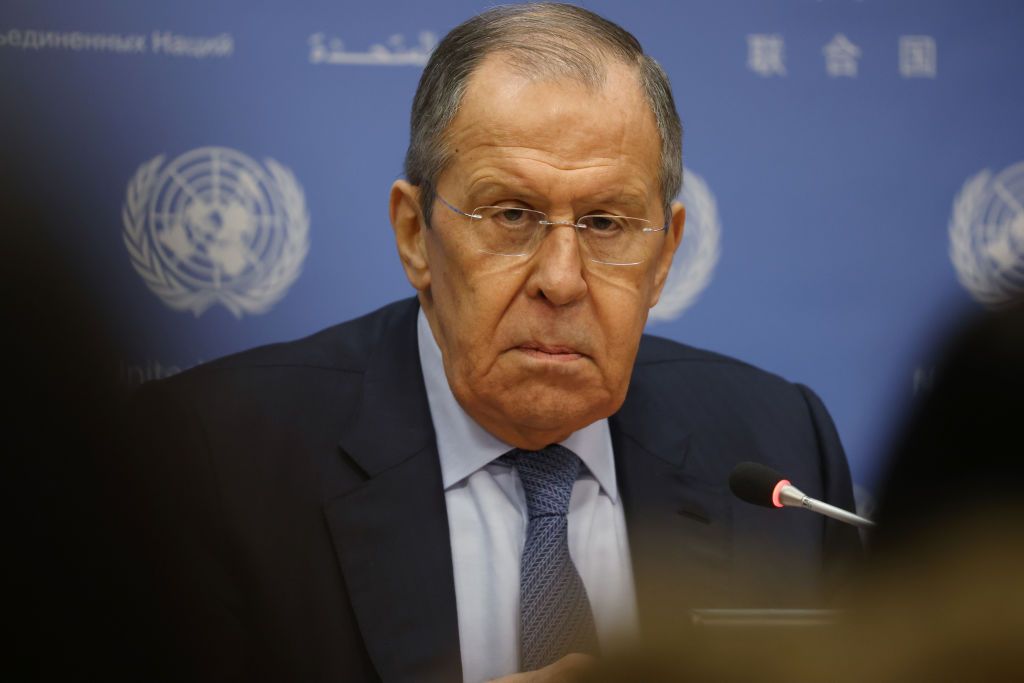Russia’s recent ban on 92 individuals from entering the country, including journalists from major U.S. publications like The Wall Street Journal, The New York Times, and The Washington Post, has raised concerns about press freedom and access to information. The ban, which also includes leaders and executives from various industries linked to supporting Ukraine, is seen as a response to U.S. President Joe Biden’s “Russophobic policies.” The Biden administration has been vocal in its support for Ukraine, passing a military aid bill that included significant funding for the country. The list of banned individuals includes current and former employees of The Wall Street Journal, such as editor in chief Emma Tucker. One journalist, Evan Gershkovich, was recently exchanged in a prisoner swap after being convicted of espionage in Russia.
The crackdown on independent media and free speech in Russia has intensified since the full-scale invasion of Ukraine began. President Vladimir Putin’s regime has been accused of accelerating its descent into totalitarianism, with harsh measures taken against dissenting voices. France issued arrest warrants for the co-founders of Telegram, Pavel and Nikolai Durov, after the messaging app failed to comply with a request to identify a user. This move highlights the challenges faced by tech companies operating in countries with restricted freedom of speech and press. The Durov brothers have been targeted for their role in promoting encrypted communication, which can be seen as a threat to authoritarian regimes seeking to control information flow.
The ban on Western journalists by Russia is not an isolated incident but part of a broader trend of targeting media professionals who report on sensitive issues. The Wall Street Journal has faced challenges in maintaining a presence in Russia, with multiple employees now prohibited from entering the country. This move is seen as an attempt to control the narrative and limit access to independent reporting on Russia’s actions in Ukraine. Journalists play a crucial role in holding governments accountable and informing the public, and restrictions on their work can have far-reaching implications for press freedom globally.
The Ukrainian conflict has not only intensified tensions between Russia and Western countries but has also highlighted the importance of a free and independent press in providing accurate and unbiased information to the public. The banning of journalists and the targeting of tech companies like Telegram illustrate the challenges faced by those seeking to report on and communicate about sensitive political issues. In an era of disinformation and propaganda, the role of journalists and tech platforms in promoting transparency and accountability cannot be understated. Support for independent journalism in Ukraine and globally is crucial in upholding democratic values and ensuring access to diverse perspectives in media coverage.
As the situation in Ukraine continues to evolve, the need for accurate and reliable reporting becomes increasingly important. The banning of journalists and the targeting of tech companies by authoritarian regimes pose a threat to press freedom and the public’s right to information. In response to these challenges, advocacy for independent journalism and support for media professionals working in dangerous environments are essential. The international community must stand in solidarity with journalists facing censorship and repression, as their work is vital in revealing the truth and holding those in power accountable. By supporting independent journalism in Ukraine and around the world, individuals can contribute to the fight for freedom of the press and the right to access unbiased information in an increasingly complex global landscape.














